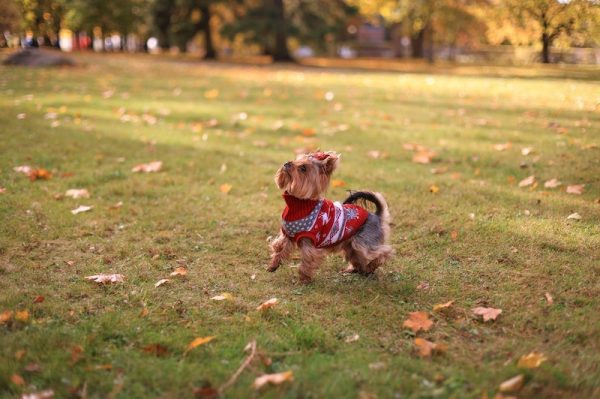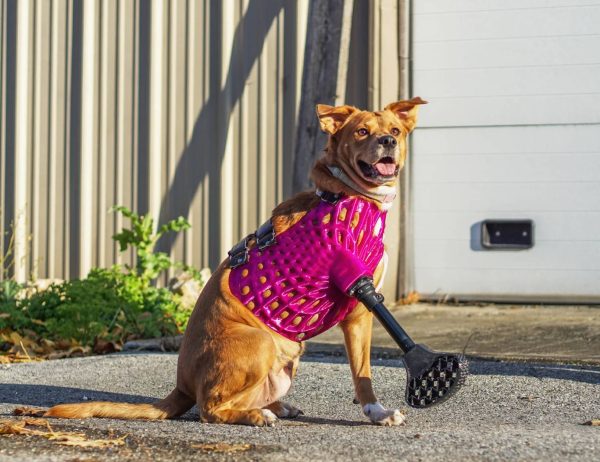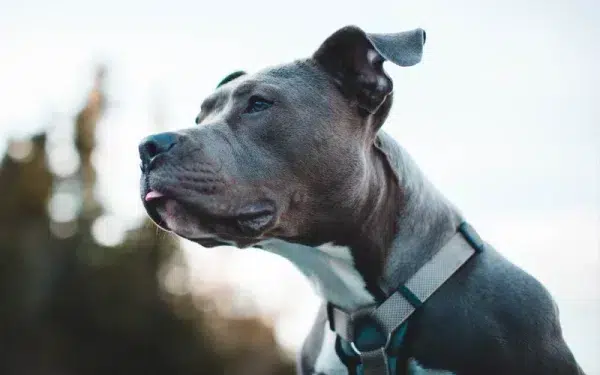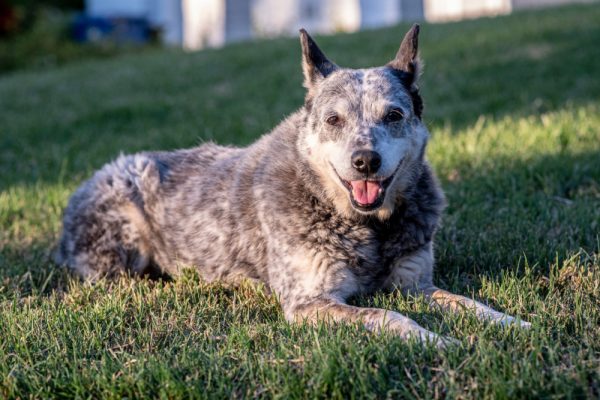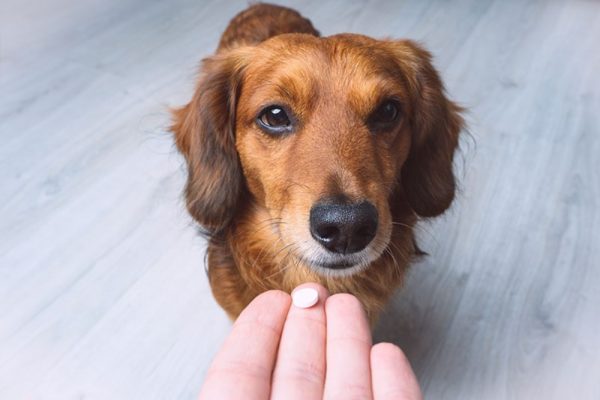Dogs can eat many foods that humans eat, and you can enjoy sharing a variety of snacks with your dog. However, in most cases, dogs should refrain from eating nuts and seeds, including walnuts. While walnuts in themselves aren’t toxic to dogs (with the exception of black walnuts, which are toxic), walnuts can be harmful to dogs because they’re susceptible to growing mold, in addition to being high in fat. Since there are a few risks that come with walnuts, it’s best to refrain from feeding them to your dog.

Are Walnuts Safe for Dogs to Eat?
In most cases, your dog won’t experience issues with eating an unsalted walnut or two. However, walnuts have a high fat content, which can cause certain health issues if dogs continue to eat walnuts over a long period of time. Feeding your dog too many walnuts too frequently can cause excessive weight gain, and consuming too much fat can lead to gastrointestinal upset for dogs with sensitive stomachs.
Some dogs that are at higher risk of developing pancreatitis can also experience digestive issues from eating walnuts. Cocker Spaniels, Border Collies, Boxers, and Miniature Schnauzers are some of the breeds that are at higher risk of pancreatitis, and it’s best to refrain from feeding them fatty and oily foods.
Both raw and roasted walnuts are susceptible to mold, especially if they’ve been exposed to high-moisture environments during both the harvesting period and when they’re stored in your pantry. Walnuts can grow Aspergillus flavus, which is a type of mold that produces toxins that are harmful to dogs. Moldy walnuts can also contain the mycotoxin penitrem A, which can lead to muscle tremors and seizures.
Although walnuts are generally softer than other nuts like almonds and peanuts, they can still be a choking hazard, especially if they’re given whole or in halves. Whole walnuts can also cause intestinal blockages.
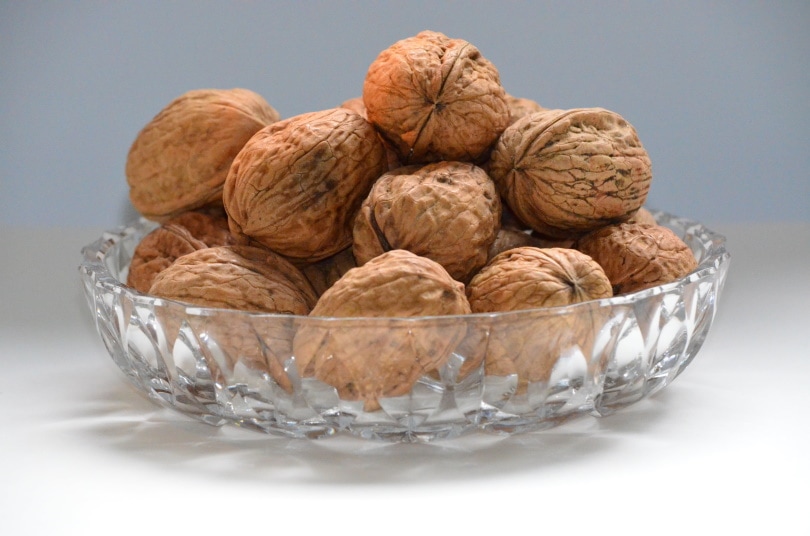
Black Walnuts Are Toxic to Dogs
It’s important to note that there is one variety of walnuts that’s toxic to dogs. Black walnuts are a species of walnut that can make dogs get very sick. They produce a toxic chemical called juglone. Juglone can cause gastrointestinal issues, and consuming large quantities can lead to severe and even consequences. Fortunately, the types of walnuts that are most commonly sold in grocery stores are English walnuts. It’s pretty rare to come across black walnuts at your local grocery store.

What Should I Do if My Dog Accidentally Ate Walnuts?
Accidents happen, even to the most vigilant dog owners. Fortunately, if your dog sneaks a bite of a walnut, you usually don’t have to worry. Just monitor their condition and look for signs of gastrointestinal upset. This can include vomiting, diarrhea, lethargy, and lack of appetite. If any of these signs persist for more than 48 hours, contact your veterinarian.
If you think your dog has swallowed a walnut whole, then you need to be especially careful to monitor for signs of an intestinal obstruction or blockage. Signs of a blockage can include vomiting, loss of appetite, and abdominal pain.
If you know that your dog has ingested black walnuts, call your veterinarian or an animal poison control hotline right away.
If you need to speak with a vet but can't get to one, head over to PangoVet. It's our online service where you can talk to a vet online and get the advice you need for your pet — all at an affordable price!
Final Thoughts
Most kinds of walnuts may not be toxic to dogs, but they’re still not the safest food for them to eat. Since they have more health risks than benefits, it’s best to refrain from feeding your dog walnuts and opt for more nutritional snacks and treats. Make sure to keep an eye on your dog for signs of gastrointestinal upset if they accidentally eat some walnuts. If signs persist, reach out to your veterinarian for further guidance.
See Also:
- Just Right Dog Food Review: Pros, Cons, Recalls & FAQ
- Dr. Buzby’s ToeGrips for Dogs Review: Our Expert’s Opinion
Featured Image Credit: NickyPe, Pixabay


